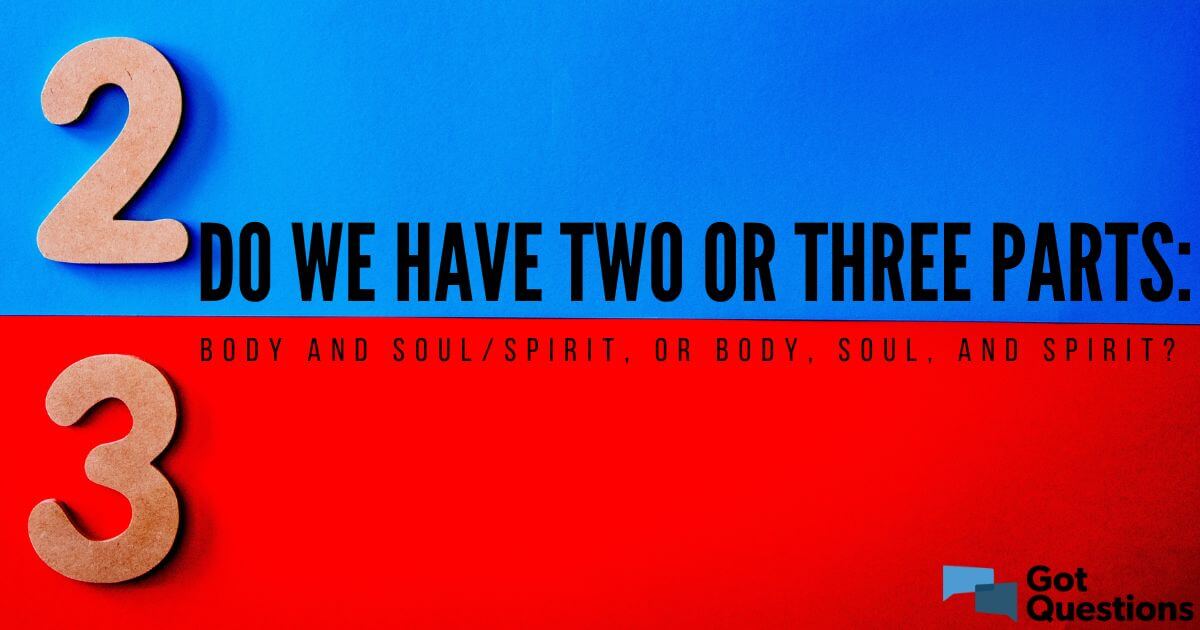A Freeman
Superstar
- Joined
- Nov 11, 2019
- Messages
- 8,373
Thank-you for the verse. Where does it say anything though about 3 parts?I think this is a question of the three parts being united in one sentence, but the concept of a body, a soul and a spirit are replete throughout scripture.
I think this mention is particularly relevant:
1 John 4:2
“Hereby know ye the Spirit of God: Every spirit that confesseth that Jesus Christ is come in the flesh is of God:”
There is no doubt that Jesus Christ is OF God.
Question: If the body, soul and spirit are "replete throughout Scripture" then why don't we find them altogether except in two verses, neither of which are suggesting that we consist of those three parts?
Soul and spirit are used interchangeably when speaking of the soul/spirit leaving the body upon death, e.g. "as her soul was in departing (for she died)..." speaking of Rachel (Gen. 35:18), or "she hath given up the ghost" (Jer. 15:9) - a couple of Old Covenant examples, same word (nap̄·šāh); or, in the New Covenant we have Christ leaving the body of Jesus described as "he gave up the Spirit" (John 19:30 - Greek "pneuma") and elsewhere the soul (pysche) is spoken of in a similar manner (Matt. 10:28).
Elsewhere, pneuma is used to describe the Holy Spirit (Spirit of God - Matt. 3:16) , or an evil spirit (e.g. Luke 9:55), i.e. an outside influence over the human+Being.
So is 1 Thessalonians 5:23, or Hebrews 4:12 actually teaching us some new doctrine about being a three parts that is found nowhere else in Scripture, or are both verses actually consistent with the rest of Scripture, where we are told the flesh is flesh (human) and the individual spirit/soul is the individual spirit/soul, that can be influenced by either the Holy Spirit or an evil spirit.
If you are convinced that we are still 3 parts after considering all of the above, then please explain to us what the differences are between the soul and the spirit and the flesh/body.




